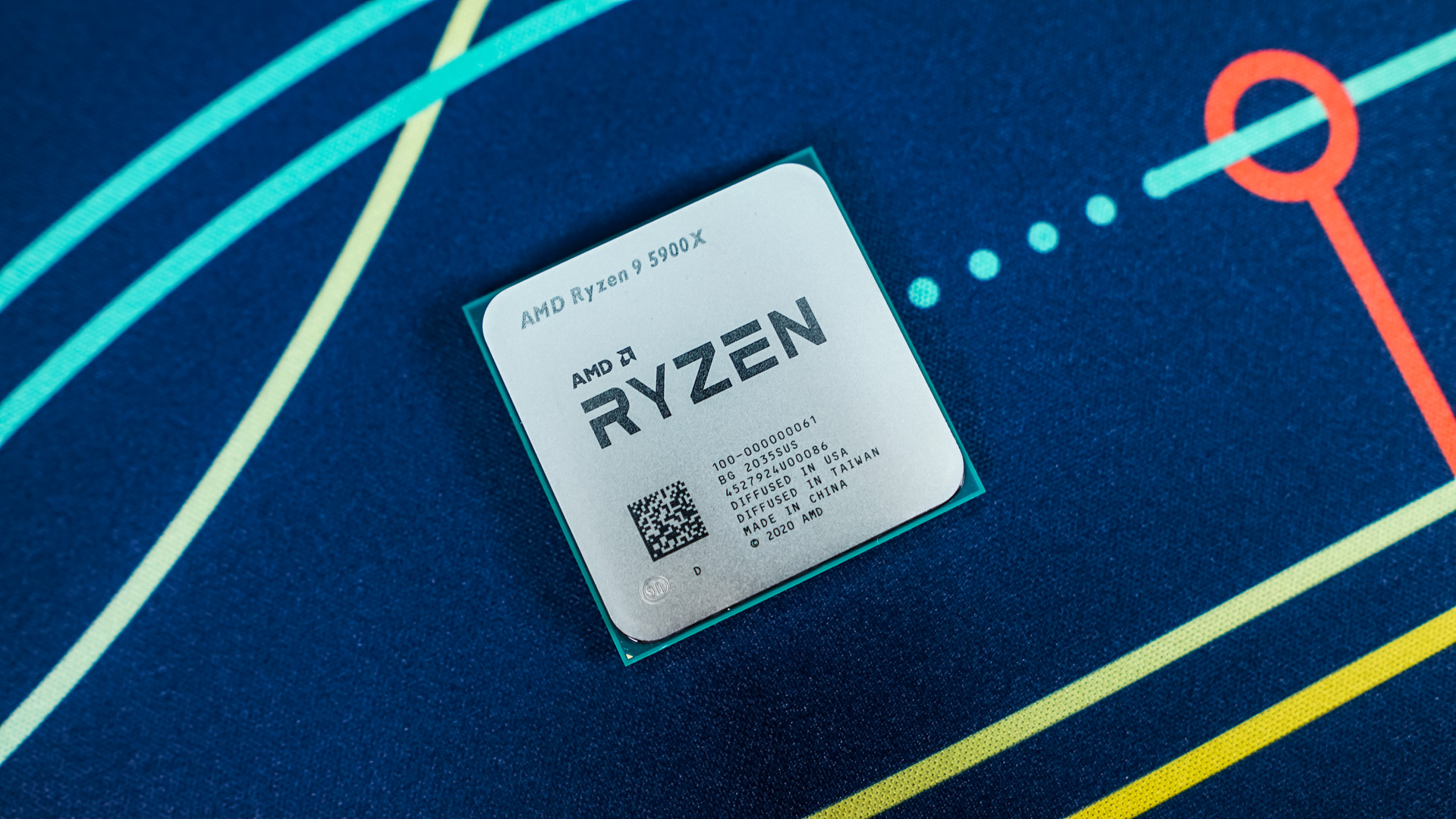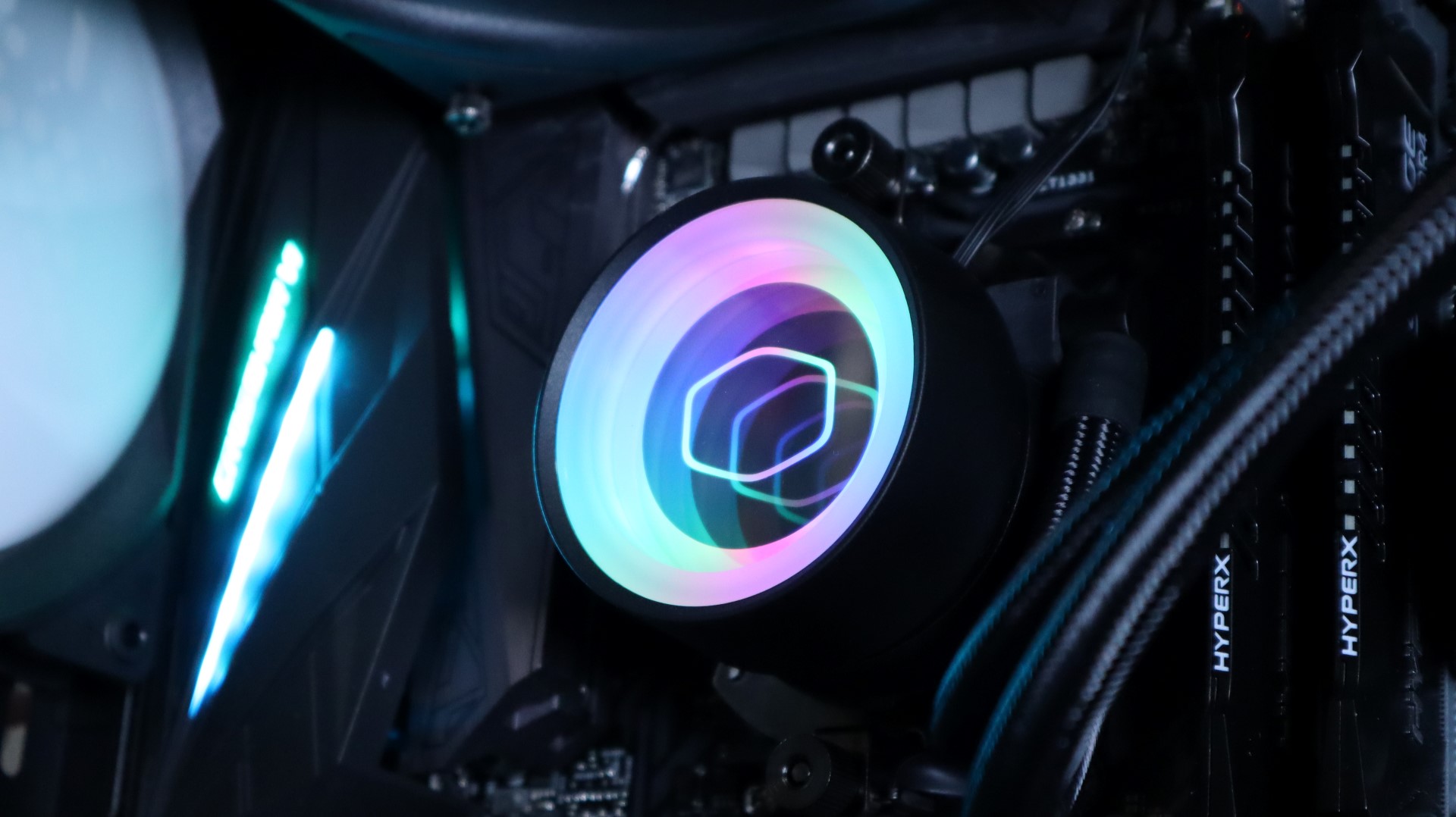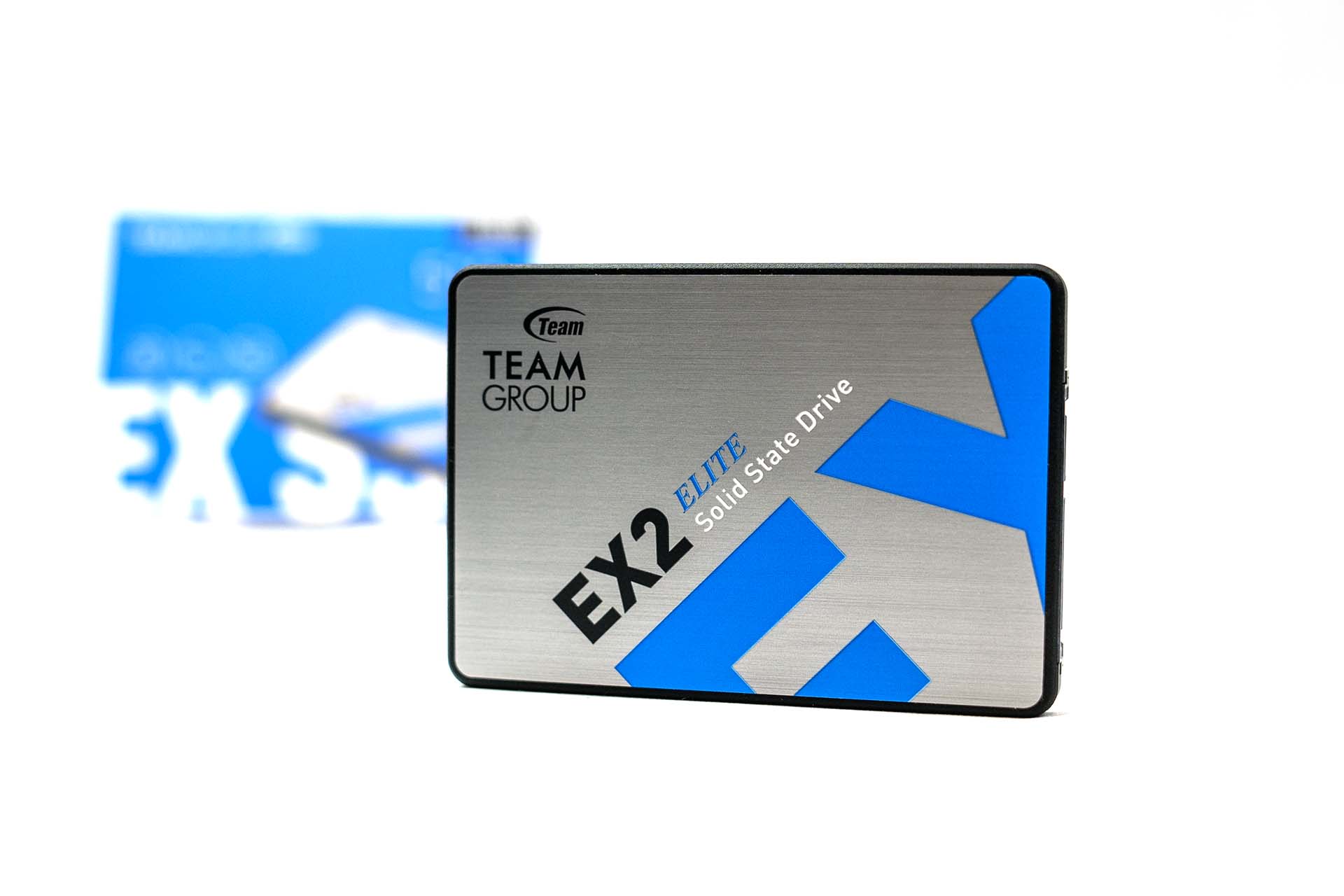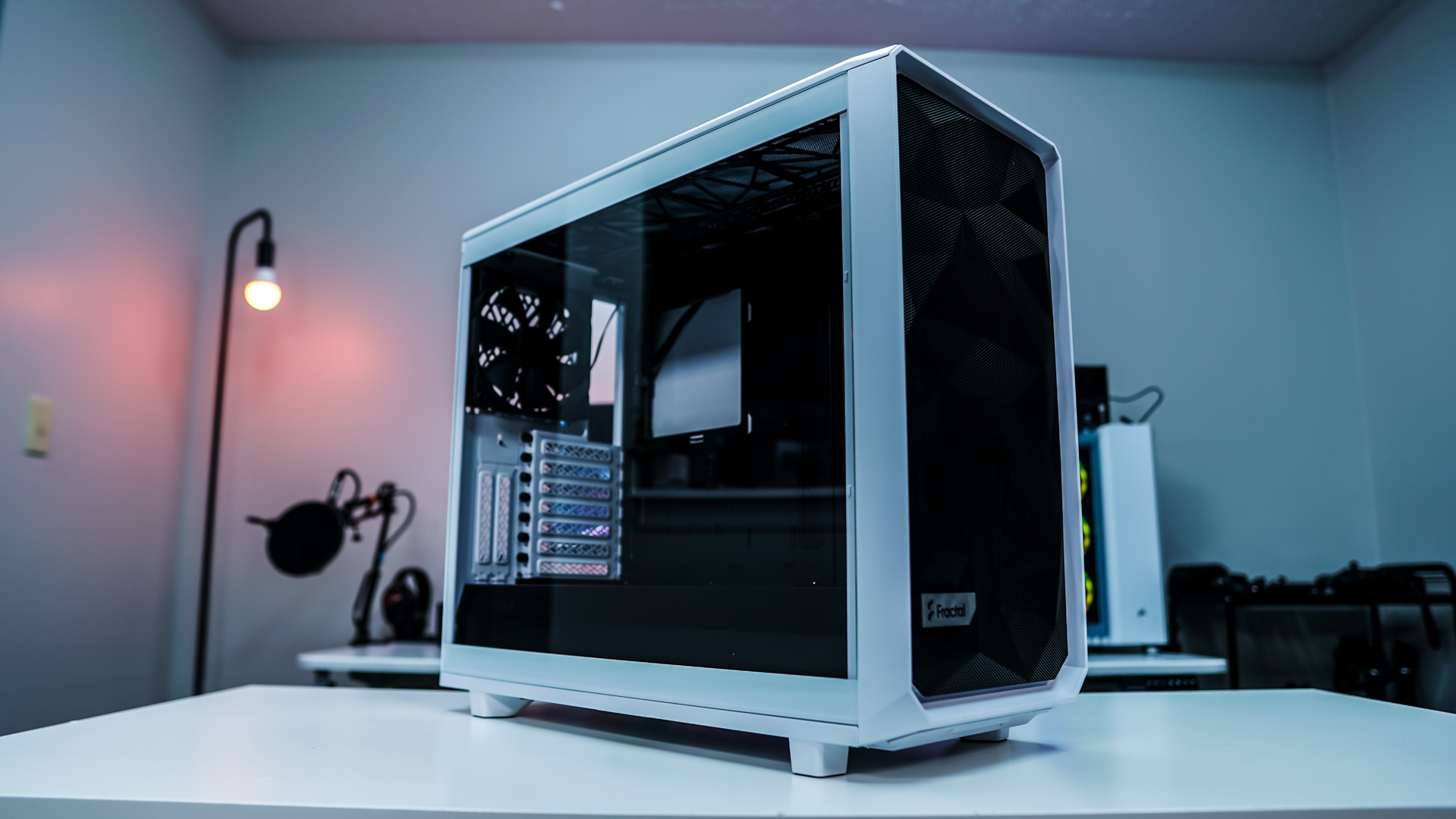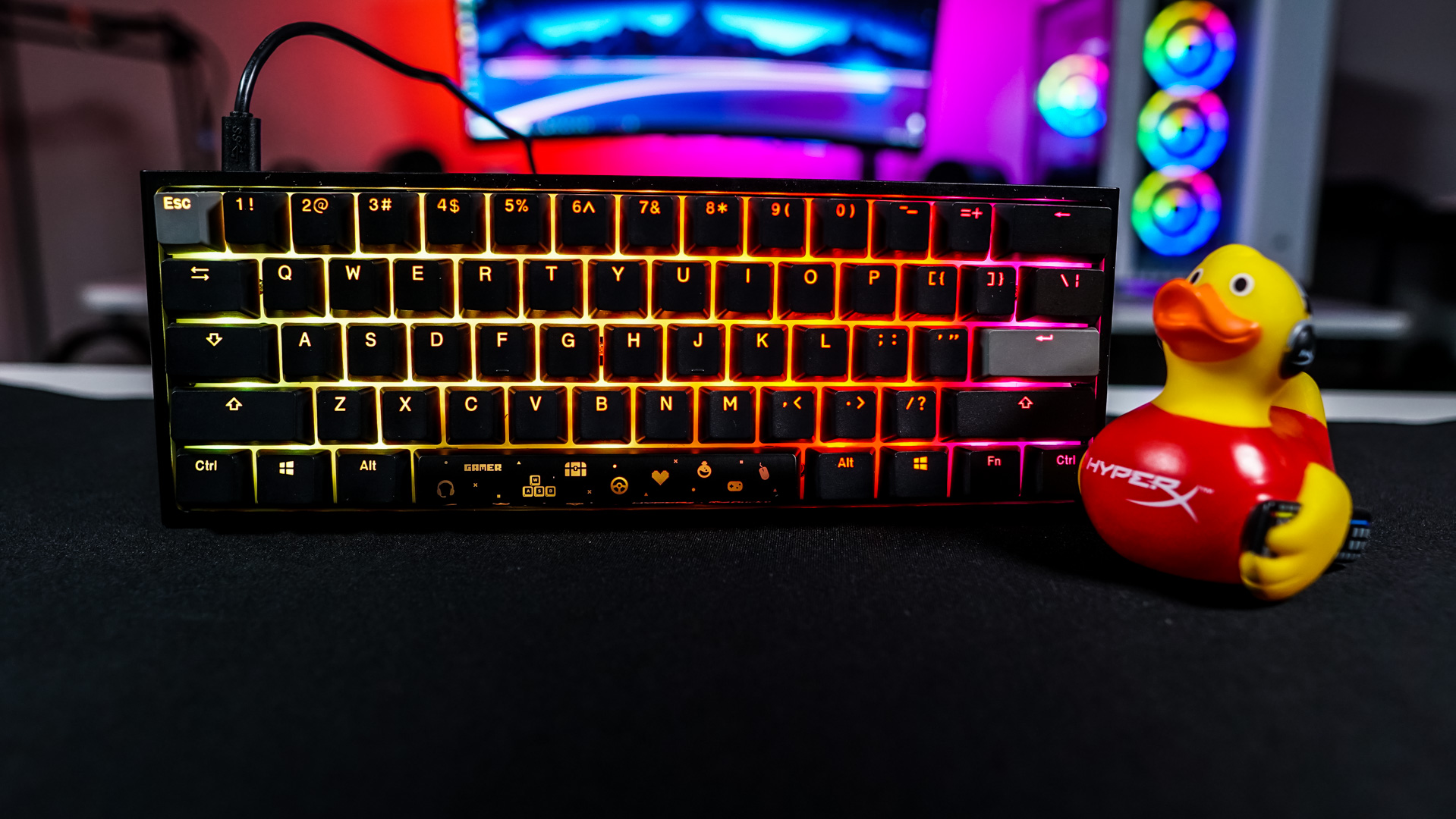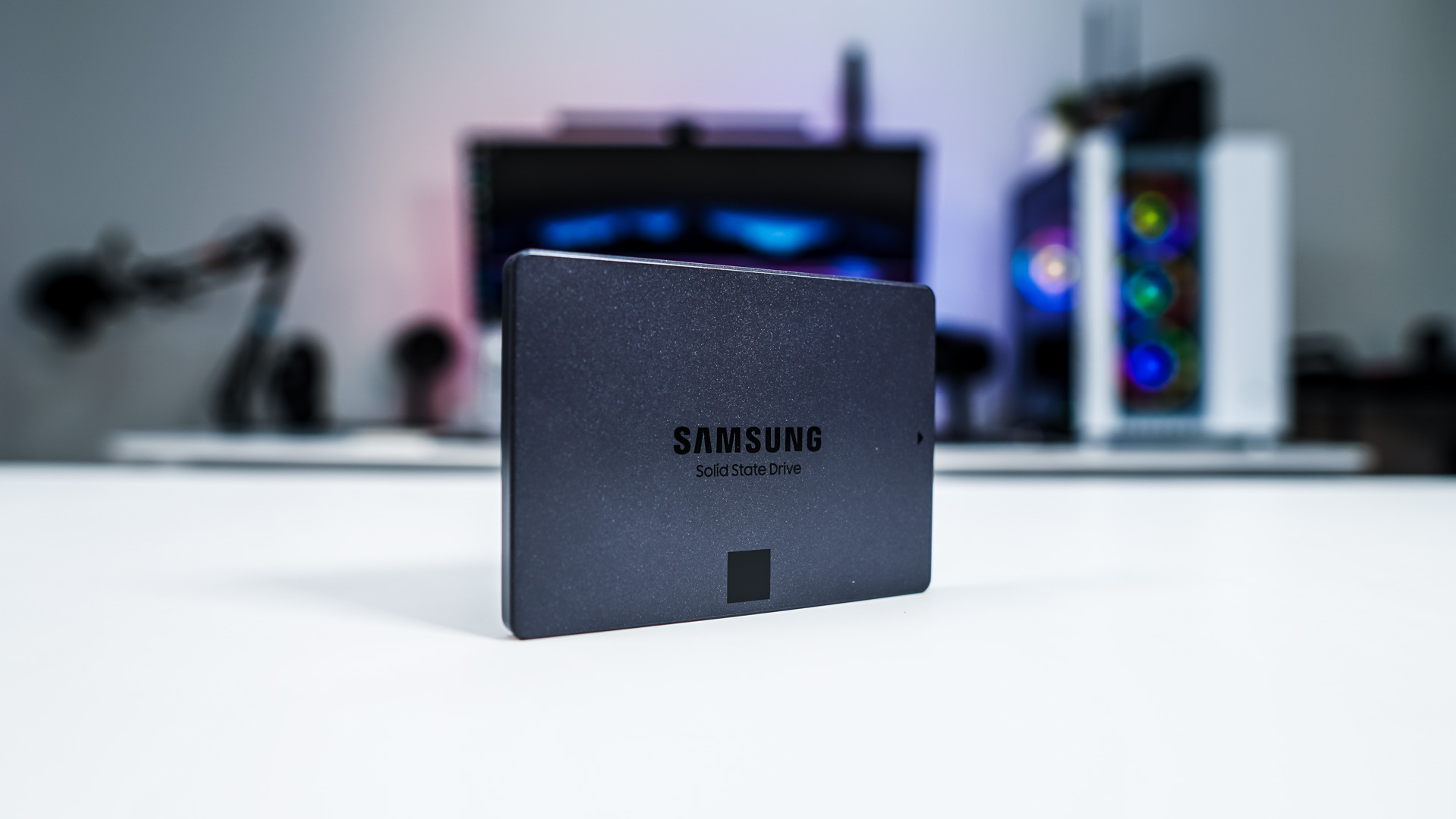Final Thoughts
As I said earlier in this review with AMD’s Ryzen 5000 series processors we are not getting a new process node, or new socket (which would mean new motherboards). When it comes to processors I actually get more excited for new motherboards when they get announced, but these will of course slot into current X570 and B550 motherboards. With the Ryzen 5000 Series we are however getting a brand new architecture, something AMD completely rebuilt from the ground up and were happy to explain to us at length.
When you think about it the Ryzen 3000 series of a year ago is still very competitive and in many cases a better option that Intel’s 10th generation Core processors. So I don’t necessarily think that AMD needed to release the 5000 series, but it is good to see that they have made some pretty impressive improvements with the new Zen 3 architecture. The biggest improvement you are going to see with these processors is in single-core performance, but multi-core performance gets a nice boost too. In our testing we saw a 21% increase in single core performance over the Ryzen 9 3900X and multi-core ranged from 8-18% in various different tests. This is very impressive, especially since AMD kept the TDP of the new chips the same as the previous generation (105W). If we compare to Intel the Ryzen 9 3900X performed better in all of our CPU tests compared to Intel’s Core i9-10900K and that includes single-core performance.
The place where AMD did sort of fall short in previous Ryzen generations was gaming. Intel processors would always perform better at gaming. With the Ryzen 5000 series AMD definitely wanted to close that gap and they did. In our testing of 5 different games the Ryzen 9 5900X traded blows with the Core i9-10900K, which is a nice improvement over previous generations of Ryzen processors. Another really interesting thing to see is the performance increase you get just by slotting in a new Ryzen 5000 series processor. Besides Borderlands 3, which didn’t seem to make a difference what CPU we used we saw anywhere from an 8% to 18% increase in gaming performance from the Ryzen 9 3900X to the Ryzen 9 5900X. You can expect these numbers to be even higher for 2nd and 1st generation Ryzen processors.
When it comes to overclocking not much has changed with the Ryzen 5000 series processors. We were able to overclock the Ryzen 5 5900X to 4.6 GHz on all twelve cores with a Vcore of only 1.35V. This can be done easily in the BIOS or using AMD’s Ryzen Master software.
One thing that we have to talk about when it comes to choosing say a Ryzen 5000 series processor over an Intel 10th generation processor is the platform. Right now you cannot get PCI-Express 4.0 on an Intel Z490 motherboard. So that means no PCI-Express 4.0 speeds for your graphics card or M.2 storage. Obviously for most people the M.2 speed is the most important and we can tell you that Gen4 NVMe SSDs are blazingly fast!
The only thing I am kind of bummed out about with the Ryzen 5000 series processors, well specifically every chip above the Ryzen 5 5600X is that they do not come with CPU coolers. I actually was a fan of the Wraith Prism CPU cooler. It actually provided good performance and the biggest advantage was that you did not need to buy a CPU cooler off the hop if you were building a new system.
At the end of the day if you are choosing between AMD or Intel on a new system here are some things to consider. Intel will be releasing (hopefully) their 11th generation Core processors in Q1 of 2021 which will give you PCI-Express 4.0. Now if you are simply gaming it really is a toss-up, I can easily recommend both AMD and Intel. If you are doing anything else, content creation, streaming, heavy multi-core workloads, etc the clear choice is AMD. Overall you have better multi-core and now even single-core performance.
Right now AMD will be selling the Ryzen 9 5900X for $549, which is a $50 increase over the Ryzen 9 3900X, but it is quite the upgrade.
Pros:
– Great gains in single-core and gaming performance
– 12-core, 24-thread
– Increased performance in same 105W TDP
– Good overclocking performance
– Still on the AM4 socket
– Ryzen Master software
Cons:
– No CPU cooler included this time
